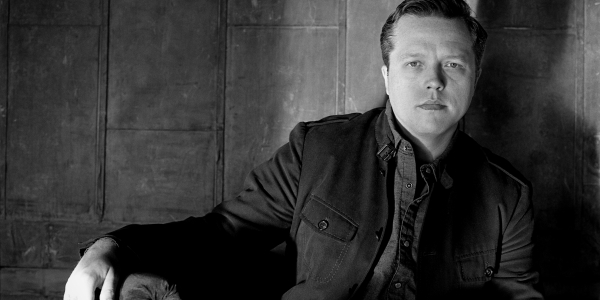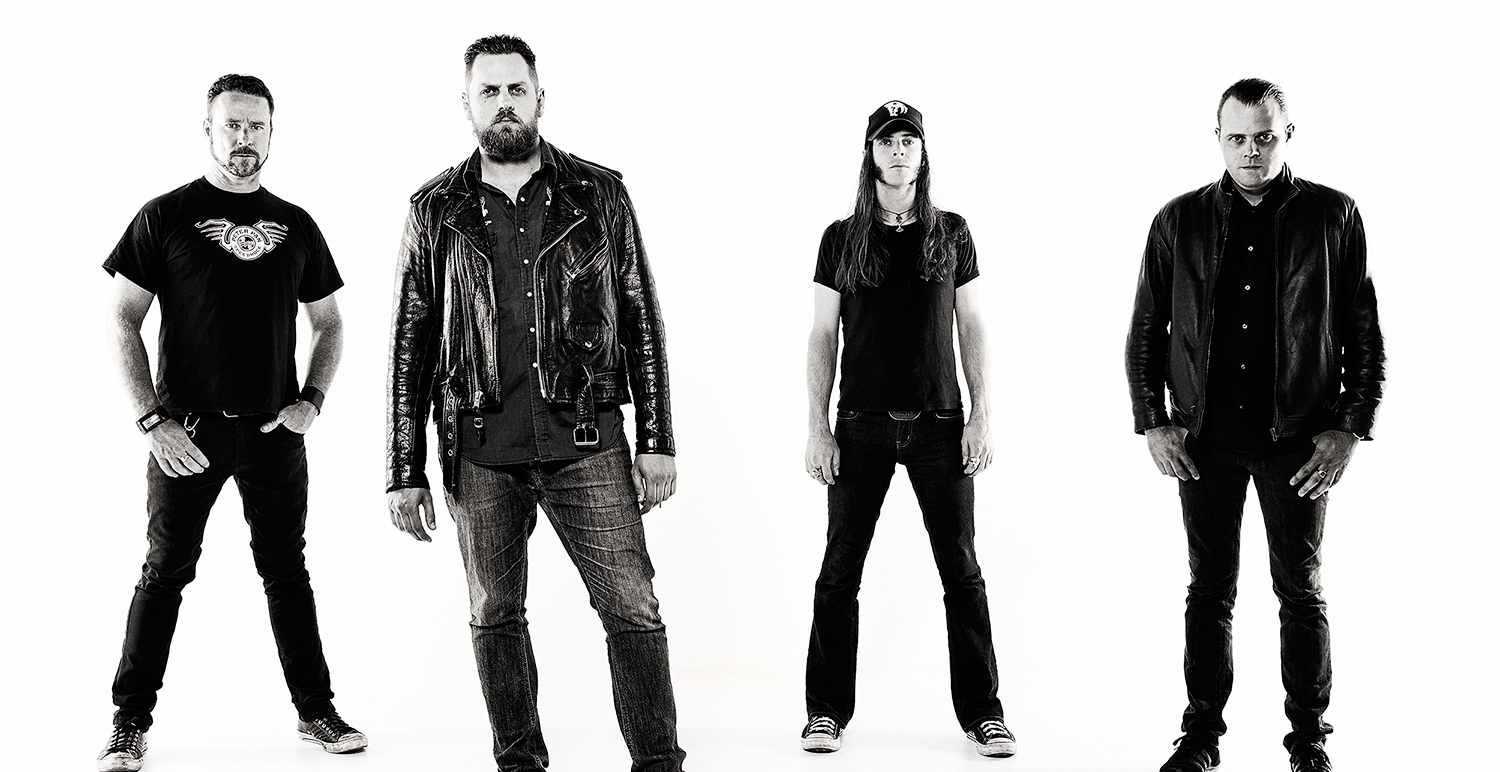“The beautiful thing about songwriting as opposed to writing books is they’re not stocked on the shelf based on what’s true and what’s not,” Isbell says. “If you go into a bookstore you’re going to see fiction on one side and non-fiction on the other. That’s not the way it is in a record store. You don’t really have to worry about the amount of truth that is in a song. As long as it’s honest, it doesn’t necessarily have to be factual.”
A number of artists with a long history of drug use (for example, Neil Young’s 40-years with marijuana or David Bowie’s 1970s cocaine eccentricity) have feared the effect that getting clean might have on their songwriting capacity. Isbell has been a heavy drinker for much of his 13-year professional career, but setting aside the poison didn’t stultify his fundamental creative drive.
“The inspiration is the easy thing,” he says. “If you call yourself any kind of a writer and you don’t have anything to write about then you’re not a real writer at all. I think being sober probably gives me more tools with which to process emotions. At the root of it I’m not really writing songs to change my environment, I’m writing them to change things that are more internal. So there’s always going to be something new to process.”
Even if the songs aren’t exact recounts of experience, Isbell doesn’t exclude autobiographical detail. One track on Southeastern that will stick out for Australian listeners is New South Wales, which was in fact written during Isbell’s last trip Down Under. “I had a great time; I loved it,” he says. “I thought the people were really great. It was a pretty special time for me, but also personally I was dealing with some demons and I wasn’t always having fun. Usually in the daylight hours I wasn’t feeling too great. So I was trying to write a song kind of in the way that some of the songs that Waylon Jennings used to sing or Willie Nelson – some of those country-travellin’ songs from the ‘60s and ‘70s.”
In addition to alcohol’s lingering fragrance, Southeastern also looks at difficult and oft-feared topics such as cancer and sexual abuse. “I did try to write things that frightened me a little bit,” says Isbell, “things that might not cast me in the best possible light. I tried not to look too cool and not to look too strong. If you’re writing songs just because they should exist, because you need them to exist and you’re not actually trying to sell anything to anybody, then you should make yourself uncomfortable sometimes.”
Southeastern has been adoringly embraced by audiences and critics all over the world, which is a testament to Isbell’s knack for rendering tough personal experiences into poignant songs. However, the fact he’s now defiantly sober could potentially limit the emotionally stirring themes available to him in the future.
“I don’t know if it’s necessary to go through that kind of struggle to be a good writer,” Isbell muses. “I think if you’re not going to go through that struggle yourself you have to really be good at empathising with other people. For me, I think maybe it’s a combination of both. I put myself through hell sometimes but nowadays I try to focus on other people’s situations, other people’s problems, so I don’t have to deal with it on my own again.”
BY AUGUSTUS WELBY







